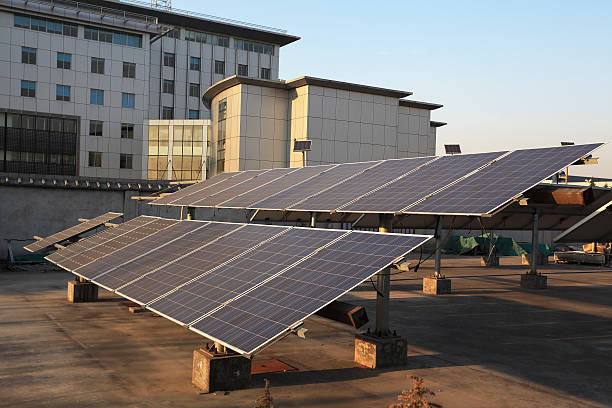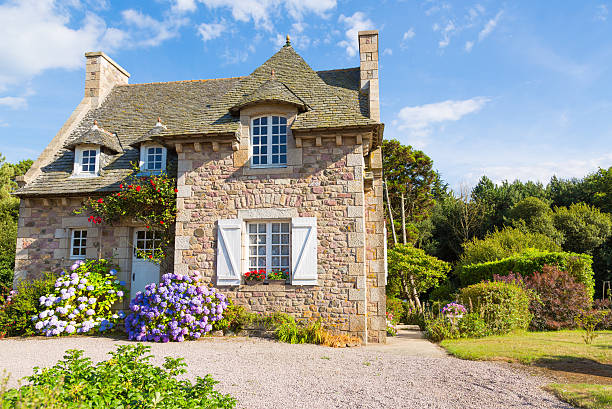Understanding the Transformation of Industrial Real Estate into Residential Spaces
A significant shift is sweeping through the real estate sector, one that is transforming disused industrial properties into lucrative residential spaces. This article delves into the rise of this trend, its current market implications, and the potential impact on both real estate investors and urban dwellers.

A Historical Overview of Industrial to Residential Conversions
Industrial to residential conversions are not a new phenomenon. As far back as the 1960s, artists in New York’s SoHo district began occupying abandoned factories, turning them into lofts and studios. This trend was later formalized and regulated through zoning laws, paving the way for industrial-residential conversions to become a mainstream real estate strategy.
The Current Market Landscape
As urbanization continues to drive population growth in cities, the demand for housing is soaring. Meanwhile, the decline of manufacturing in many developed nations has left a surplus of vacant industrial properties. The convergence of these factors has made industrial to residential conversions an increasingly attractive prospect. The concept is simple: repurpose underutilized industrial spaces into homes, thereby addressing the housing shortage and revitalizing neighborhoods.
The Advantages and Challenges of Industrial to Residential Conversion
This strategy offers several benefits. It promotes sustainable development by reusing existing structures, thereby reducing construction waste. It also breathes new life into neighborhoods, often boosting local economies. Furthermore, these conversions often result in unique and appealing living spaces, attracting urban dwellers seeking something different from traditional apartments.
However, it’s not without challenges. These properties often require significant renovation to meet residential building codes. There can also be issues with site contamination, particularly for older industrial properties. Additionally, there may be resistance from local communities concerned about the changes such conversions may bring.
The Potential Impact on Buyers, Sellers, and Investors
For buyers, industrial to residential conversions offer unique, often affordable, housing options in urban areas. For sellers or property owners, these conversions can unlock the value of underutilized assets. And for investors, this trend presents opportunities for significant returns, particularly given the high demand for urban housing.
Future Prospects of Industrial to Residential Conversions
With urban populations predicted to continue growing, the demand for housing is unlikely to abate. As such, the trend of industrial to residential conversions can only be expected to grow. However, success will hinge on navigating the various challenges associated with these conversions.
In conclusion, the transformation of industrial real estate into residential spaces represents a significant shift in the property market. It’s a trend that is not only reshaping our cities but also offering new opportunities and challenges for buyers, sellers, and investors alike.






